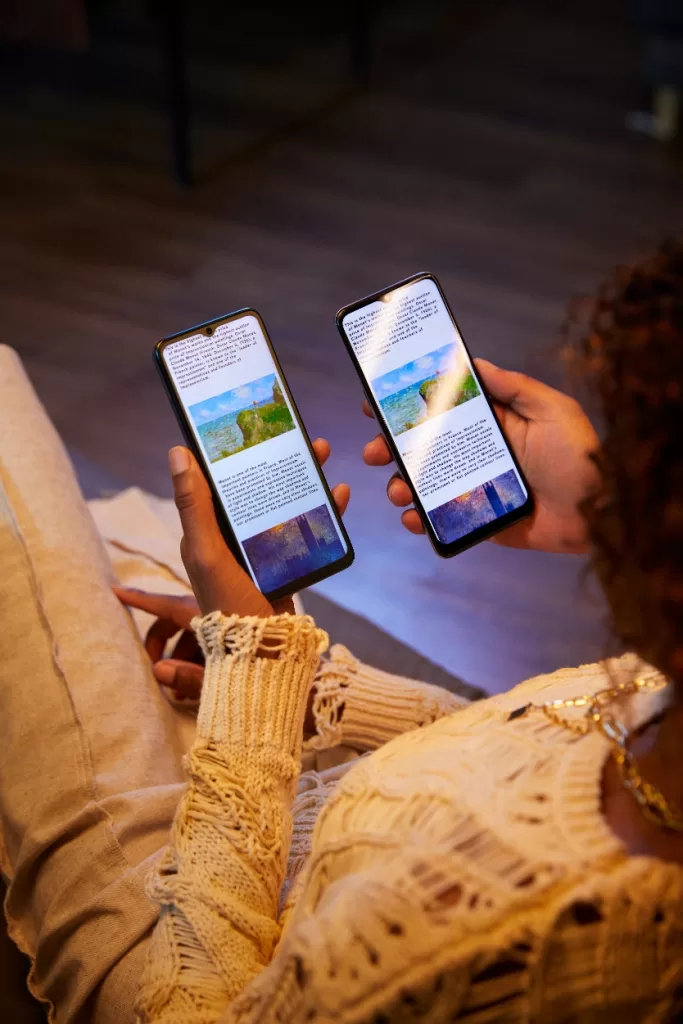Today’s recruiters, particularly at large organisations, are using artificial intelligence (AI) tools to screen CVs quickly, track job applicants, generate job ads and more besides. As a jobseeker, you can copy their example by using a wide range of AI tools and services to help you find jobs to apply for, create great job applications, and prepare for interviews.
TCL offers some tips for using AI to find the perfect job:
Seeking the perfect roles to apply for
Today’s job search tools and recruitment platforms like LinkedIn, Indeed and Glassdoor use sophisticated algorithms to filter jobs and recommend opportunities to apply for. To get the most from these platforms, be sure to keep details like your current job title, location, and skills up to date. Also use the functionality on these apps and sites to create job alerts for searches you’re interested in.
Use AI to craft impactful cover letters and CVs
Creating a great CV can be a time-consuming chore. AI tools such as ChatGPT, Teal and ResumeGenius can help you rapidly create a professional-looking CV or resume, or to optimise the one you already have. These tools can also help you customise your CV to highlight the most relevant qualifications, experience and achievements for each role.
AI can generate customisable cover letters for every job, enabling you to show why you’re the perfect person for the role. The software can help you create content that highlights why your skills, accomplishments, and motivation make you the right person to hire.
Prepare for your interview
Once you’ve secured an interview for your dream job, the next step is to ace the interview. You can use AI to prepare with mock interviews, seeking providing feedback on your answers. The AI can suggest potential interview questions based on the job description and industry to help you get set for the big day.
Tips for getting the most from AI
Start with accurate personal information: AI works on a garbage-in, garbage-out principle. If you want to use ChatGPT or another AI tool to create a CV, make sure to capture accurate and up-to-date information about yourself.
Ask the AI for advice: AI-powered tools can help you create a professional CV, suggesting improvements in formatting, wording, and structure. Remember that AI can analyse job descriptions for roles and suggest keywords to include in your CV and cover letter, increasing its chances of passing through automated applicant tracking systems.
Review the output carefully: As useful as AI is, it’s far from perfect. Generative AIs like ChatGPT are known to ‘hallucinate’ or make things up. Check that the software hasn’t added false information to your CV or distorted any of your personal information. Proof-read carefully and ask a friend or family member to also take a look.
Remember that it’s the human touch that matters: AI can help you to speed up tasks like customising your AI for different job applications or writing cover letters. But the output will often be bland and generic. Be sure to spend some time polishing the work and adding some of your own flair to it, so that you can stand out from the crowd.
Master the art of prompting: Prompts are instructions you give to an AI system like ChatGPT. The more precise your prompts are, the better the answers you will receive. Here is a list of some prompts you might find useful:
Which keywords from the below job description are missing from my CV? [Paste the job description and your CV]
Help me write a CV for [job title] with an emphasis on [specific skills or experiences].
What are some strong action verbs I can use in my CV to describe my work experience?
Suggest some ways I can quantify my achievements on my CV.
Write a cover letter for a [job title] position at [company name] highlighting my experience in [ skill/field].
What are common interview questions for [ job title] role and how should I answer them?
Pretend you are an HR director interviewing me for [role] at [company].
Give me feedback on my answers in this mock interview and how I can improve them.
What are some good questions to ask the interviewer at the end of a job interview for [job title]?
How can I optimise my LinkedIn profile to attract recruiters in [industry]?
Those are just the start, experimenting with the technology is the best way to learn what it can do.





























